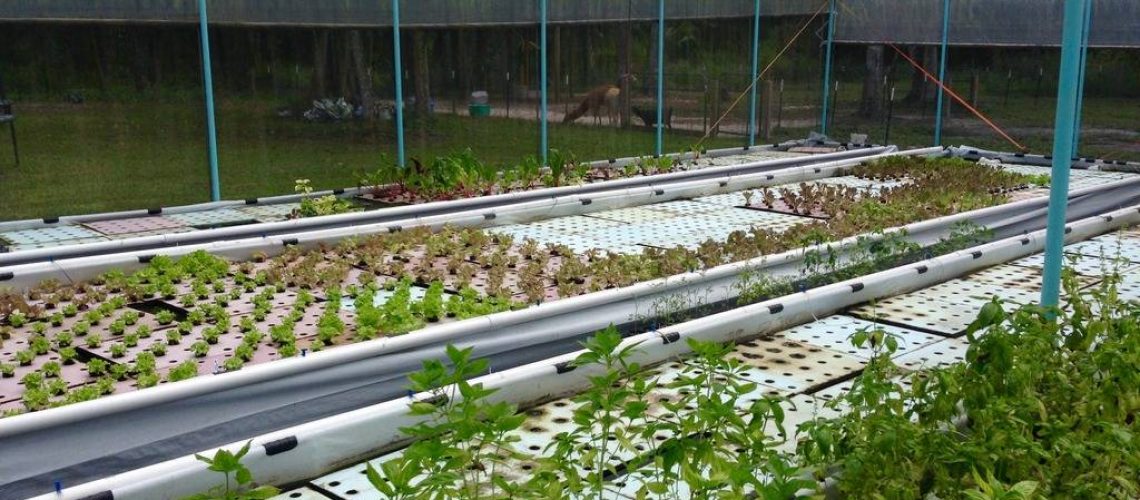
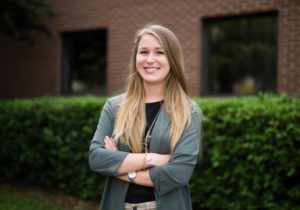
Hannah Hollinger
- October 14, 2015
- 2:34 pm
Nearby farm brings organic produce to the community table
Imagine you are socializing amongst friends and other community members at a rustic table setting on a picturesque natural landscape flourishing with vegetables and herbs. The chef, who you’ve read about in the magazines, is cooking an all-organic meal in the background beneath twinkling string lights. On the table is the chef’s choice of organic wine, along with fresh hor d’oeuvres that were made from similar items you saw in this week’s share pickup. You think on the concept of farm-to-table and consider your ubiquitous desire for its growth. You have found yourself at the Maya Papaya’s “Sunset on the Farm” dinner.
Locavores, prepare to gush about a nearby organic farm, located about five minutes north of campus in Oviedo. Maya Papaya Organic Community Farm, run by Maya and her team, brings sustainable agriculture galore to the community.
The presence of organic produce is magnifying in grocery stores and is progressively becoming more affordable. Fruits and vegetables labeled as “organic” does not refute possible overseas manufacturing that tends to lessen the product’s freshness. Despite this, college students are willing to set aside a few extra bucks to buy products labeled “organic” in order to avoid pesticides, synthetic fertilizers, and GMOs. This prevalence demonstrates a present demand, and Maya Papaya Organic Farm works to provide.
The farm’s unique collaboration of natural agriculture, permaculture, aquaponics and holistic healing on its three-acre property makes it one-of-a-kind. The farm’s field agriculture develops fertile soil through compost and organic fertilizers, and is arranged in raised beds for optimal plant health and drainage. Rescue goats, alpacas, rabbits, and fish reside on-site and provide opportunity to develop compost. Ladybugs and homemade “pesticides” like cayenne pepper spray are used for pest management, making this farm eligible to be officially certified organic in the near future.
Amongst their crops is an assortment of fruits, vegetables, greens, and herbs, grown either in the field or in the greenhouse via an aquaponics system. The farm is considered a CSA, standing for “community supported agriculture,” which allows local members to directly fund the farmer through the purchase of weekly shares. Each share includes a rotating variety of seasonal crops, and is available in full or half batches at an affordable price for pickup. Half shares run at $25 per week that is suggested for a family of 1-4, and full shares run at $45 per week that allots double of a half share. Not only does this neat opportunity eliminate the middleman and resultantly reduce an individual’s manufacturing footprint, but also provides knowledge of where one’s food comes from and who grows it. Comparing this worth to a weekly grocery bill, especially when purchasing solely organic, is refreshing.
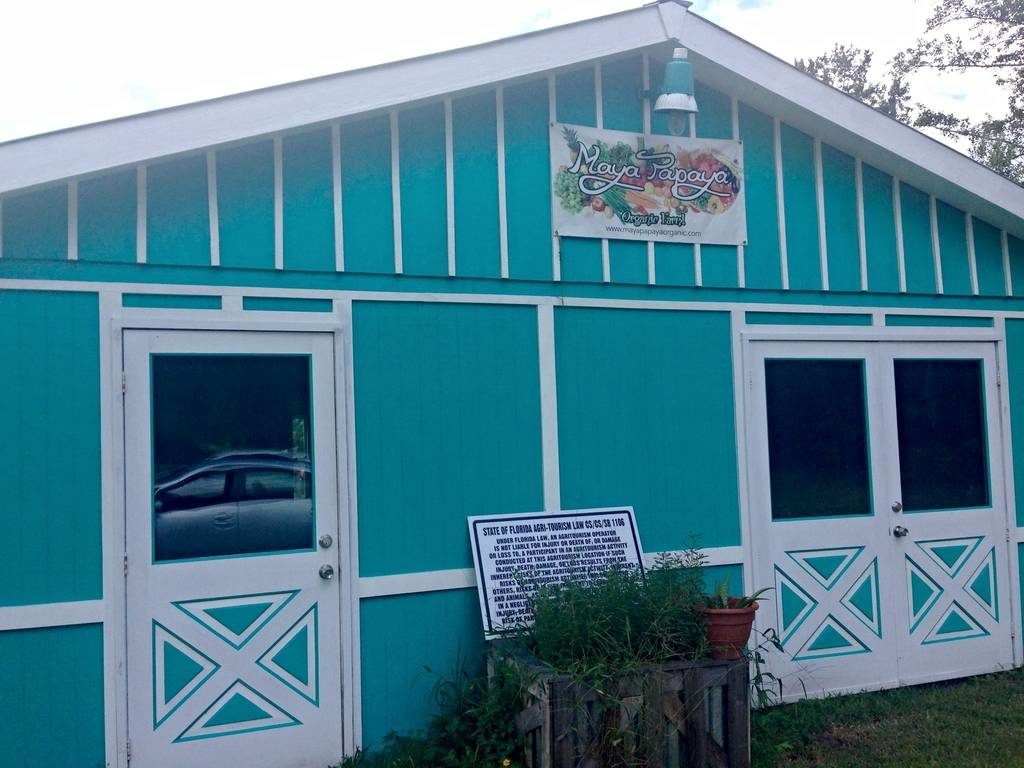
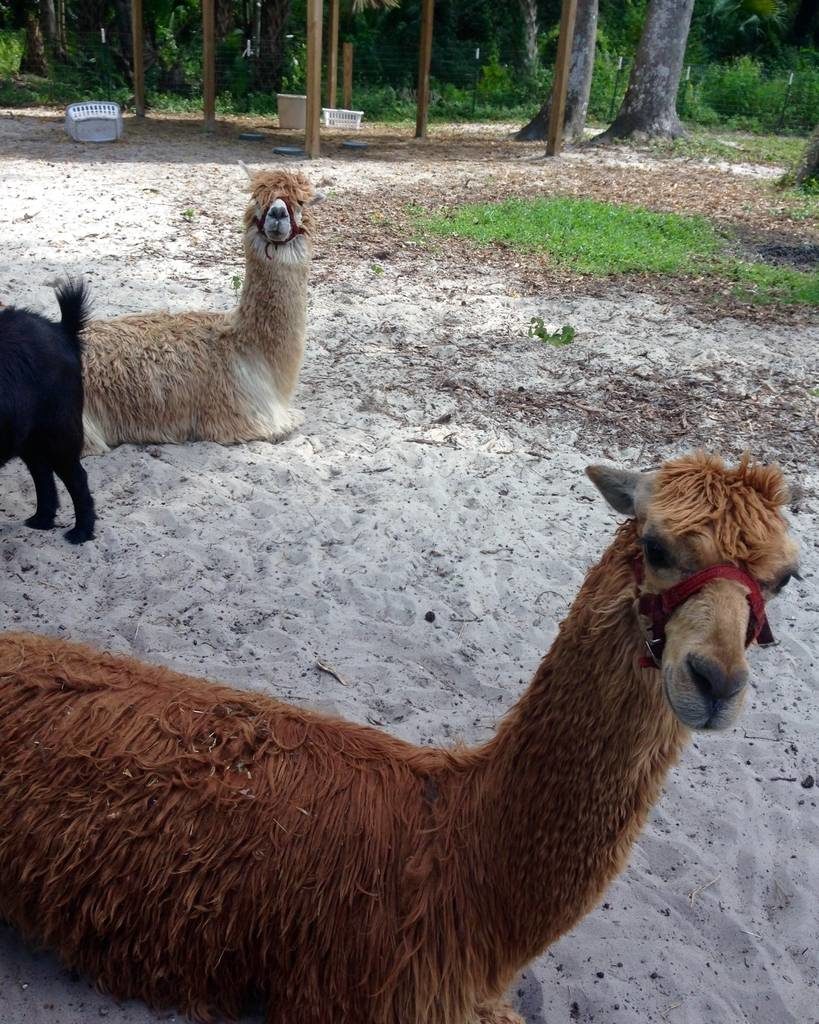
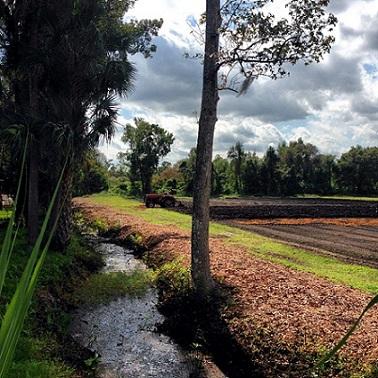
Maya Papaya Organic Farm has much developing in its future. Aside from a property expansion, the farm has an on-site yoga studio that offers a daily opportunity in holistic and spiritual growth amongst a natural, healthy environment. They prospectively will permit students and educators to use the farm as a means of putting theory into practice. Various research opportunities present themselves, such as in ecology, water, livestock, and innovative agricultural technology. In addition, it has more farm-to-table dinners and Sunday brunches planned, the next falling on the 7th of November at 5:30pm.
Supporting your local farmer helps to connect the community through food, health, and environmental growth.
For additional information, visit http://mayapapaya.com/
At the University of Central Florida, there are a variety of green infrastructure initiatives in place to combat the harmful effects of runoff. Of these, perhaps the most notable are stormwater ponds. According to Amanda Lindsay, a senior biologist for UCF Landscape and Natural Resources, the stormwater ponds at UCF are essential to help filter out water impurities in developing areas.
“Sediment filtration is one of the biggest issues,” Lindsey said. “Too much sediment can lead to cloudy water, which can cause harmful sunlight restriction for underwater plants.”
Lindsay also stresses the importance of understanding water as an integrated system, especially in urbanizing areas such as Central Florida.
“After the stormwater ponds, the water trickles into the Econolockhatchee River before being emptied into the St. Johns River,” Lindsey said. “Eventually it reaches the Atlantic.”
At UCF there are over 10 stormwater ponds, which ebb and flow according to rainfall patterns. The newest stormwater pond at UCF was built near the Libra water tower to help process excess runoff from the Libra community expansion. Using an equation that factors in water volume, UCF works with the Florida Department of Environmental Protection (FDEP) to strategically build these ponds as a necessary means of flood control. In other words, as paved surfaces rapidly replace natural ones, stormwater ponds will continue to develop alongside them.
Although the stormwater ponds are human-built and provide a variety of water quality services, they also enrich biodiversity on campus. According to Lindsay, a 2016 Urban Ecological Field Studies class at UCF surveyed the natural bodies of water and stormwater ponds on campus for ecological comparisons. Their research determined that both the stormwater ponds and natural ones provided the same ecological services to the alligators, fish, and birds that use them as habitats.
This year, The University of Central Florida will celebrate World Water Day on March 22, 2018, with the theme “the answer is in nature.” It’s a theme that asks us to view water as a resource shared by all inhabitants of the planet, rather than just a commodity to be harnessed and controlled. Looking to oceans, rivers, lakes, and even stormwater ponds, UCF hopes to find solutions to the water challenges of the 21st century.
If you or your organization is interested in getting involved with water initiatives on campus, consider adopting a pond or requesting a sustainability tour of UCF’s Chilled Water Plant.